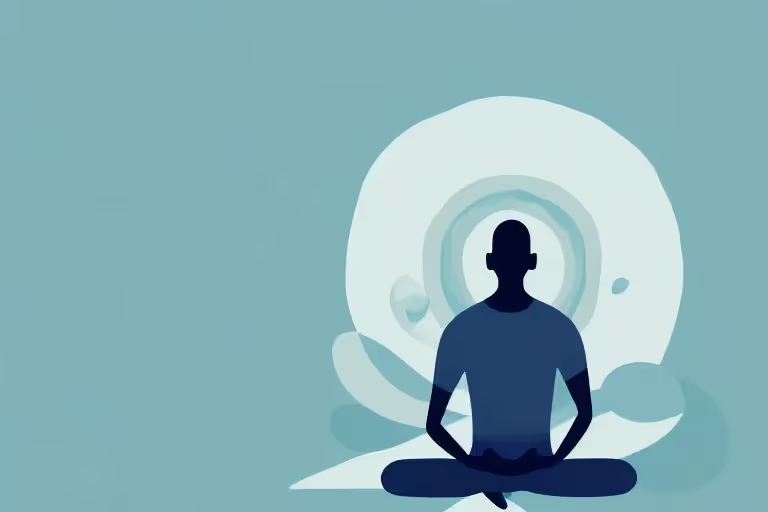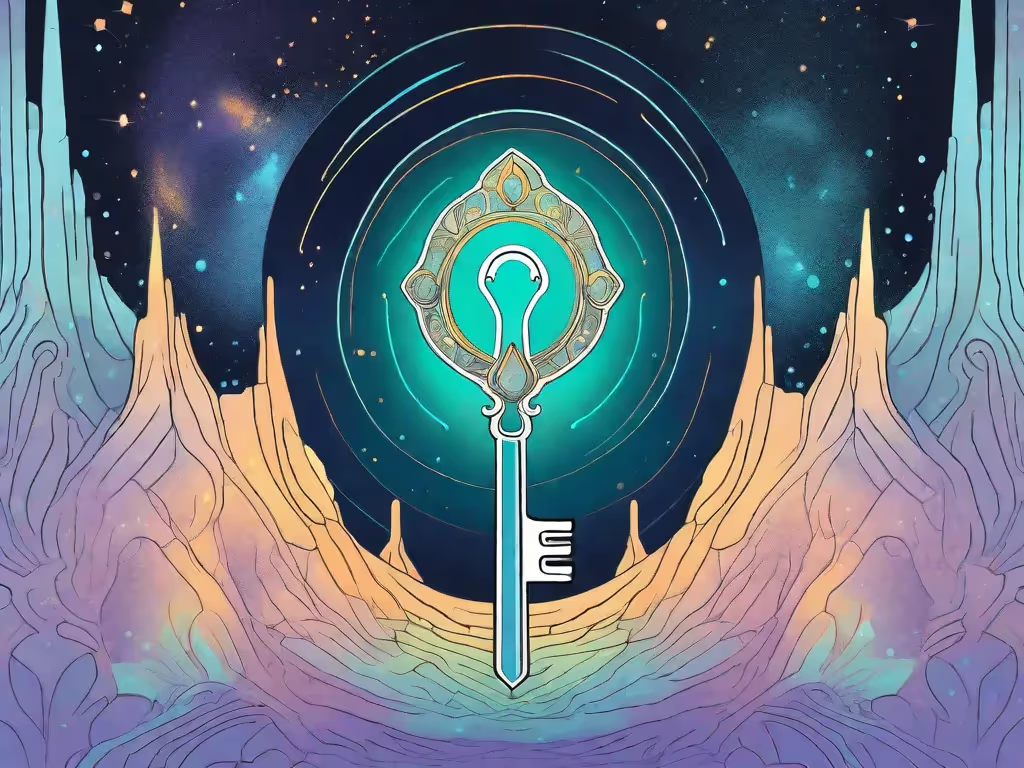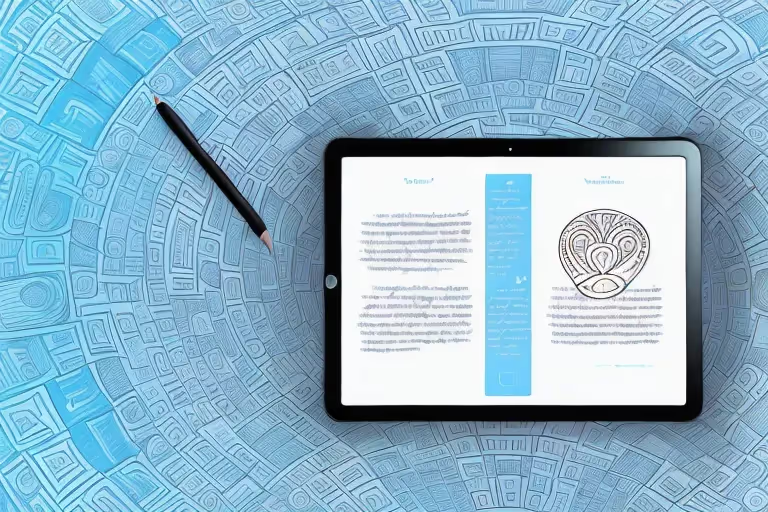The phrase 'Ignorance is bliss' is one that we have all often heard, but what does it really mean? Is it a positive or a negative thing? In this article, we will delve deep into the meaning of this popular phrase, examining its origin and significance, as well as its impact on social, ethical, and psychological aspects of life.
The Origin of the Phrase 'Ignorance is Bliss'
The phrase 'ignorance is bliss' first appeared in Thomas Gray's poem 'Ode on a Distant Prospect of Eton College', published in 1742. The full line reads 'Where ignorance is bliss, 'tis folly to be wise'. The poem describes the joys of youth and the pains of experience, suggesting that not knowing the truth may sometimes be better than knowing.
Historical Context
The time period in which Gray wrote the poem was one where many people believed in the power of knowledge and education to improve society. However, it was also a time when people were becoming increasingly aware of the complexities and challenges that came with this knowledge. The phrase 'ignorance is bliss' spoke to this conflict and became a common expression in the centuries that followed.
During the 18th century, the Age of Enlightenment was in full swing and many philosophers and thinkers were advocating for the pursuit of knowledge and reason. However, this pursuit came with its own set of challenges and criticisms. Some believed that too much knowledge could lead to disillusionment and despair, while others believed that ignorance was necessary to maintain social order and stability.
Famous Examples in Literature and Philosophy
From the works of Shakespeare to the philosophy of Nietzsche, the concept of 'ignorance is bliss' has been examined by many great minds throughout history.
In William Shakespeare's play, "As You Like It", the character Rosalind famously states, "Ignorance is not so damnable as humbug, but when it prescribes pills it may happen to do more harm." This quote highlights the idea that ignorance can sometimes be preferable to deceit or false knowledge.
In Aldous Huxley's Brave New World, the citizens are conditioned to be content with what they know and not to question the status quo, illustrating the idea that ignorance can be beneficial in some ways. However, the novel also shows the dangers of this kind of ignorance, as the characters are unable to fully experience the richness and complexity of human emotions and relationships.
On the other hand, in Plato's Allegory of the Cave, ignorance is seen as the source of humans' suffering and the quest for knowledge is the way to achieve enlightenment and freedom. The allegory describes a group of people who have been chained in a cave their whole lives and only see shadows on the wall. When one of them is freed and sees the world outside the cave, he realizes the limitations of his previous knowledge and seeks to learn more.
Overall, the phrase 'ignorance is bliss' continues to be a topic of debate and discussion in various fields, from philosophy to psychology to popular culture. While there may not be a clear answer as to whether ignorance or knowledge is better, it is important to recognize the benefits and drawbacks of both and strive for a balance between the two.
The Psychological Perspective
From a psychological standpoint, the role of ignorance is complex. While ignorance may provide short term relief from stress or anxiety, in the long term, it can be detrimental to mental health. It is important to understand the underlying reasons why people may prefer ignorance, and the potential consequences of this choice.
The Role of Cognitive Dissonance
One reason people may prefer ignorance is due to cognitive dissonance - the feeling of discomfort when confronted with conflicting beliefs or information. For example, if someone holds a belief about a certain topic, but new evidence contradicts that belief, this can cause discomfort or even anxiety. Ignorance in this situation may be a way to avoid that discomfort.
However, avoiding discomfort in this way can lead to a narrow-minded view of the world and hinder personal growth. It is important to confront conflicting beliefs and information in order to expand one's understanding and knowledge.
The Dunning-Kruger Effect
The Dunning-Kruger Effect explains that people who are ignorant or lack knowledge about a topic tend to overestimate their abilities and knowledge level. This can lead to a false sense of confidence, which can be a hindrance to personal growth and development.
For example, someone who is ignorant about a certain subject may believe they are an expert, and therefore not seek out further information or education. This can lead to a lack of growth and development in that area, and potentially hinder their overall success in life.
The Benefits of Knowledge
On the other hand, seeking out knowledge and education can have numerous benefits for mental health and personal growth. Learning new things can provide a sense of accomplishment and boost self-esteem, while also expanding one's understanding of the world and fostering empathy towards others.
Furthermore, having knowledge about a certain topic can lead to more informed decision making and problem solving. This can lead to greater success and satisfaction in life.
The Importance of Open-Mindedness
Ultimately, it is important to approach new information with an open mind, and be willing to confront conflicting beliefs or ideas. This can be uncomfortable at times, but it is necessary for personal growth and development.
By embracing knowledge and open-mindedness, individuals can expand their understanding of the world and themselves, and lead more fulfilling lives.
The Social Implications of Ignorance
Ignorance can have a significant impact on interpersonal relationships, the political sphere, and ultimately society as a whole. It is a pervasive issue that has long-lasting effects on individuals and communities.
The Impact on Interpersonal Relationships
When people are willfully ignorant, it can lead to misunderstandings and conflict in relationships. Ignorance can manifest in many ways, such as refusing to acknowledge the experiences of others or denying the validity of their emotions. This can create a sense of distrust and distance in relationships, hindering the ability to connect and empathize with one another.
On the other hand, seeking knowledge and understanding can improve communication and strengthen relationships. When individuals are open to learning about different perspectives and experiences, they can foster a sense of mutual respect and understanding. This can lead to deeper connections and more meaningful relationships.
The Role of Ignorance in Politics and Society
Politics and society are deeply impacted by ignorance. In a world where social media algorithms can create echo chambers of information, it is crucial that people stay informed and actively seek out alternative viewpoints to make informed decisions.
Ignorance in politics can lead to disastrous consequences. It can result in the election of unqualified or incompetent leaders who make decisions that harm the public. It can also contribute to the spread of misinformation, which can be used to manipulate public opinion and further political agendas.
Similarly, ignorance in society can perpetuate harmful stereotypes and discrimination. It can lead to the marginalization of certain groups and the normalization of oppressive systems. It is important for individuals to educate themselves on issues of social justice and actively work to dismantle systems of oppression.
In conclusion, ignorance has far-reaching implications on interpersonal relationships, politics, and society. It is important for individuals to recognize the impact of their own ignorance and actively work to combat it through education and empathy.
The Ethical Debate Surrounding Ignorance
Is ignorance truly blissful? Is it better to know the truth, no matter how difficult or unpleasant it may be, or should we choose to remain ignorant? These are ethical questions that have been debated for centuries.
The Pros and Cons of Ignorance
By choosing ignorance, we may experience temporary peace of mind, but we may also miss out on opportunities for growth and enlightenment. Knowing the truth may be difficult, but it gives us the power to make informed decisions that can improve our lives and the lives of others.
The Responsibility to Seek Knowledge
As members of society, we have a responsibility to seek knowledge and use it for the greater good. Without knowledge, we cannot fully understand the world and make informed decisions that have a positive impact on ourselves and our communities.
Ignorance in Popular Culture
Finally, let's take a look at how ignorance manifests in popular culture and media.
Examples in Film and Television
From The Matrix to Inception, movies often explore the idea of reality itself being an illusion, with characters realizing the painful truth and struggling to come to terms with it. In television, shows like Black Mirror and Westworld challenge viewers' beliefs and understanding of the world, asking them to question their own perceptions of reality.
The Influence on Art and Music
Art and music have often served as a means of expression, helping people explore emotions and ideas. Many artists and musicians have used their work to comment on the role of ignorance in society and to encourage people to seek knowledge and challenge their beliefs.
Conclusion
In conclusion, although 'ignorance is bliss' may provide some temporary relief, in the long term, ignorance can be detrimental to mental health, relationships, politics, and society itself. It is crucial that we seek knowledge and actively challenge our own beliefs and perceptions of the world around us to create a more informed and compassionate society.
Aura is Your All In One App for Meditation, Mindfulness Wellbeing
Find peace every day with one app for your whole well-being. There is no one-size-fits-all solution to mental well-being. Aura is the first all-in-one wellness app that learns how to best help you. Discover an endless library of expert-created tracks for your well-being, all taught by the world’s best coaches, therapists, and storytellers. With Aura's personalized recommendations, you can find peace every morning, day and night.



.webp)






.avif)

%20(1).avif)


.avif)
.avif)
.webp)


.avif)


















































































































.avif)

















.svg)









